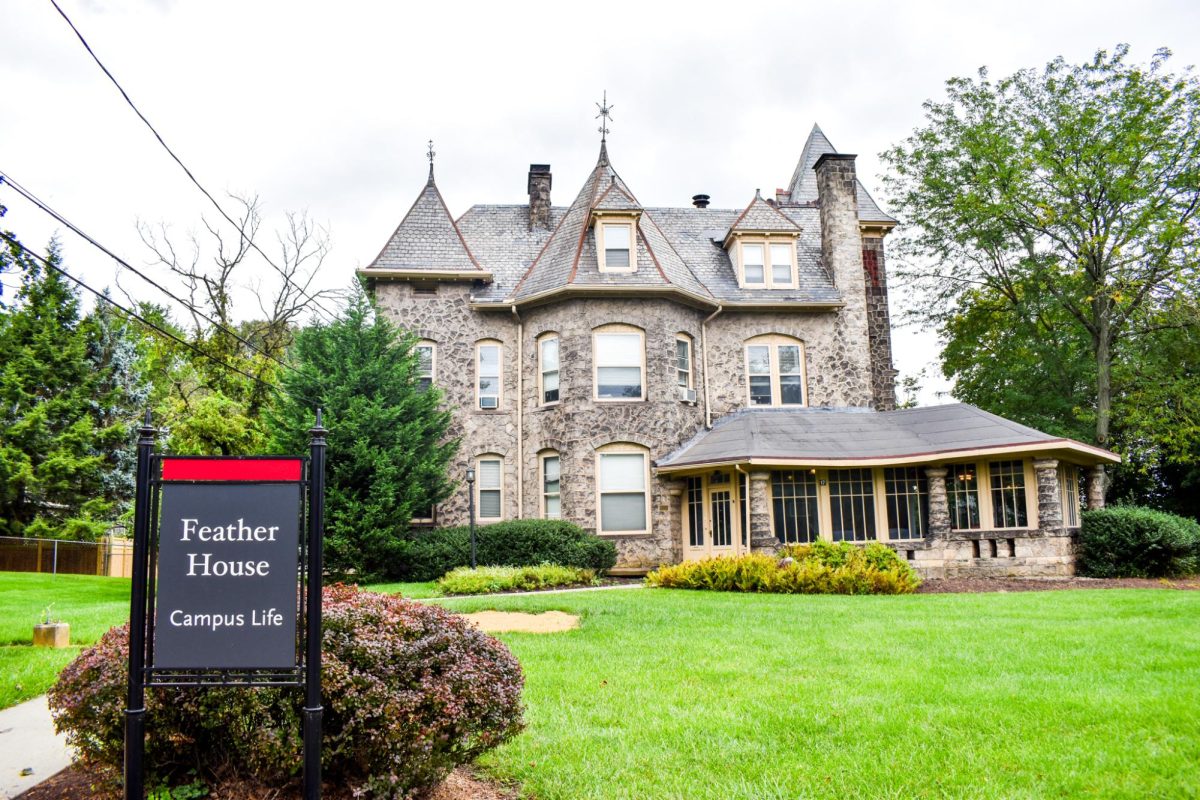The Office of Student Conduct is seeking to omit fines for behavioral conduct, motivated by the penalties’ disproportionate impact on students of color and low-income students.
The potential changes to the Code of Conduct, currently under review by General Counsel Tim Cedrone, were announced at the Sept. 5 Student Government meeting. Members of the Office of Student Conduct began research into the long-term impact of fines in 2022, using national criminal justice data as a metric, according to Austin Haytko, the director of the office.
Haytko said that the office will look to restorative programs as an alternative to a focus on punishment, allowing for more interpersonal conversation during the disciplinary process.
Behavioral conduct is defined as “drinking, drugs, alcohol, violence and disruptive behavior, and in the past, we would fine for a lot of things,” he said. Fines are currently determined on a case-by-case basis, Haytko said. Alcohol violations, one of the more common college Public Safety violations, often result in a fine ranging from $100-150, depending on the violation.
“For students, particularly low-income students of color, we saw that it was much more impactful,” Haytko said of the fines. “It became a decision point of ‘This is something I have to pay’ or ‘What can I sacrifice in order to be able to pay that fine.’”
According to recent college data, 14.7% of Class of 2028 students are Pell-eligible, while 27.6% identify as a person of color.
Changes to the Code of Conduct were initially projected for the start of the semester, but Haytko hopes the edits will be confirmed “ideally in the next few weeks.”
“Once we get the ‘OK,’ it’s gonna roll out,” Haytko said about the review by the general counsel.
Students will be notified by email or the Lafayette Today once the review is complete, he said. The Code of Conduct website will then be updated to reflect any changes.
Sarah Moschenross, the vice president of student life, supported the initiative.
“We want students to engage in dialogue about decision-making and to do our part in helping students develop skills for living well within a community,” Moschenross wrote in an email.
“I want to ensure that we engage students in thinking through these changes in our practices whenever feasible,” she continued. “I will be inviting students to participate in thinking through this work with us through advisory committees.”
Student Government President Thania Hernandez ’25 also vouched for the alterations.
“The impact of these changes on students of color and those from low-income backgrounds is a critical consideration,” she wrote in an email. “As a Posse Scholar from a low-income and Mexican background, I understand that the financial burden of fines and sanctions can disproportionately affect other low-income POC students”
“I think that directing the intentions behind sanctions to be more equitable, and changing the design to address the long-term effects of sanctions, aiming to prevent harm and promote healing rather than perpetuating cycles of disadvantage has a great potential to match their actual impact,” she continued.
Moschenross said she will share more details about the committees soon.
“We hope that everything goes out and works perfectly,” Haytko said. “And there will be changes, and there will be bumps along the road, but our end goal is to make a restorative process work for the entire Lafayette community.”
Andreas Pelekis ’26 contributed reporting.















































